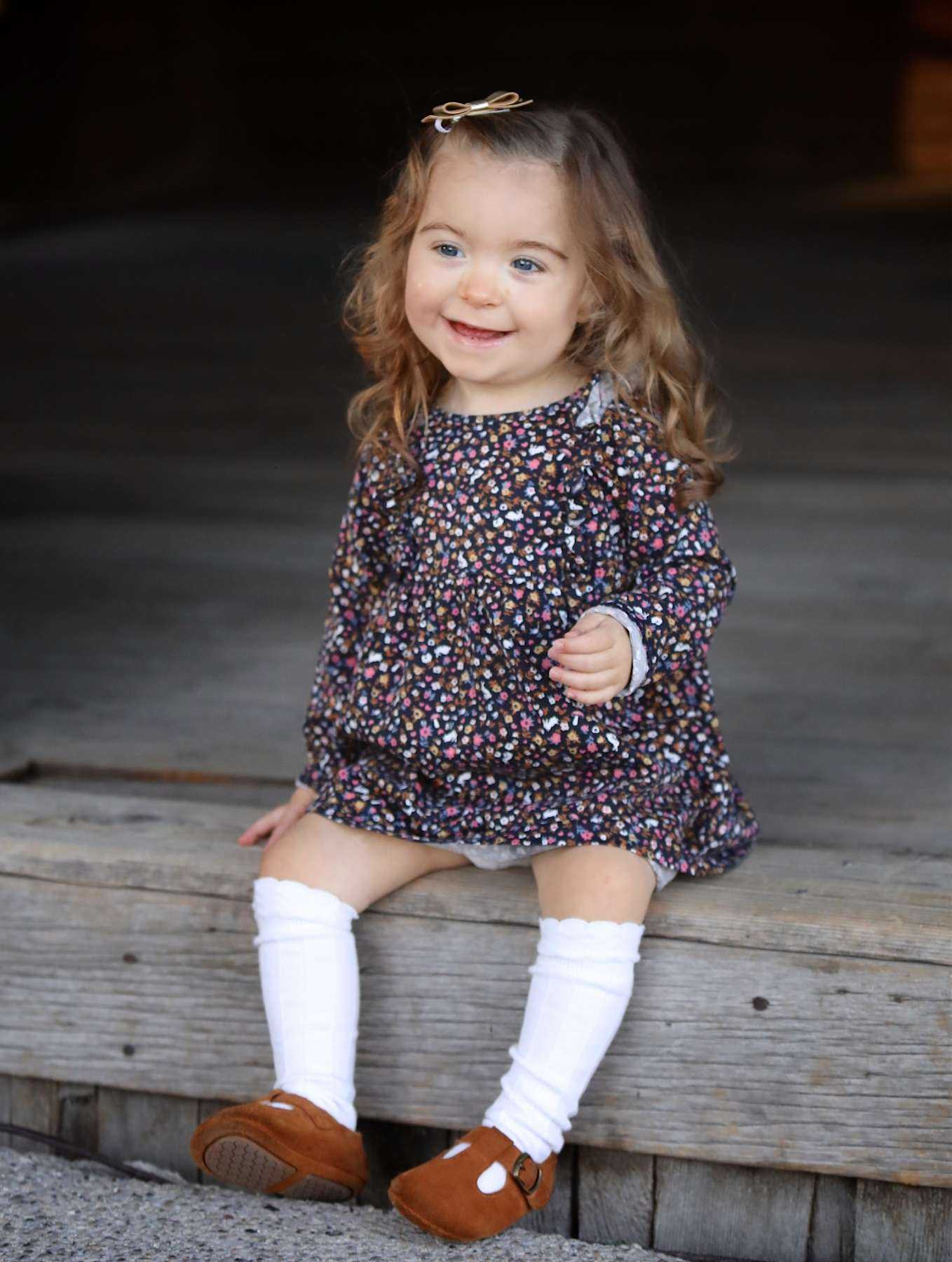Greta’s Story
Our sweet Greta girl has endured a lot in her short life thus far. She came early, at 28 weeks, weighing only 1 lb. 7 oz. Early on Greta had a lot of respiratory distress, during an ultrasound of her lungs, they discovered she had cardiomyopathy, also known as an enlarged heart. Doctors assured us that it was stable, but she would need to have regular cardiology check-ups throughout her life and possibly be on medication at some point. The possibility of surgery or even a transplant were mentioned but seemed unlikely, at the time.
Greta spent four and a half months in the NICU before we could bring her home for the very first time. Her lungs developed slowly, so because of this she did not have many opportunities to practice feeding. In an effort to get her home quicker, we decided it was best she have a G-tube placed at her stomach for food. When she recovered from that surgery, we were finally able to bring her home 2 weeks later. Having our sweet Greta girl home was amazing, besides a few G-tube related obstacles, Greta was the happiest baby and slept through the night from day one! It was an amazing feeling to see her and her brother Liam interact and love each other.
Greta was doing great at home, however she did struggle with reflux and vomiting during feedings. Occasionally I could feel her heart rate increase when she vomited, when I brought this up to the cardiologist they did not think the vomiting was heart related. We were also told at her routine check-up in February of 2020, that her heart was stable. Fast forward to early June, Greta’s vomiting increased significantly and after she would turn pale and become extremely lethargic. I continued to notice her fast and erratic heart rate, so we then decided to take her to the ER, for what we thought was dehydration due to a stomach bug. When they got her hooked up, Greta’s heart rate was going around 300 beats per minute! A few hours later we were on our way to Lurie Children’s by ambulance.
After a week of unsuccessfully trying to regulate Greta’s heart rate, we were told she would need two Ventricular Assist Devices (aka VAD) implanted as a bridge to a heart transplant, keeping her heart pumping until her new heart arrives. Greta was diagnosed with a very rare form of heart disease known as Histiocytoid Cardiomyopathy.
The past few months have been terrifying, but Greta is in a great place as she awaits the perfect heart!

